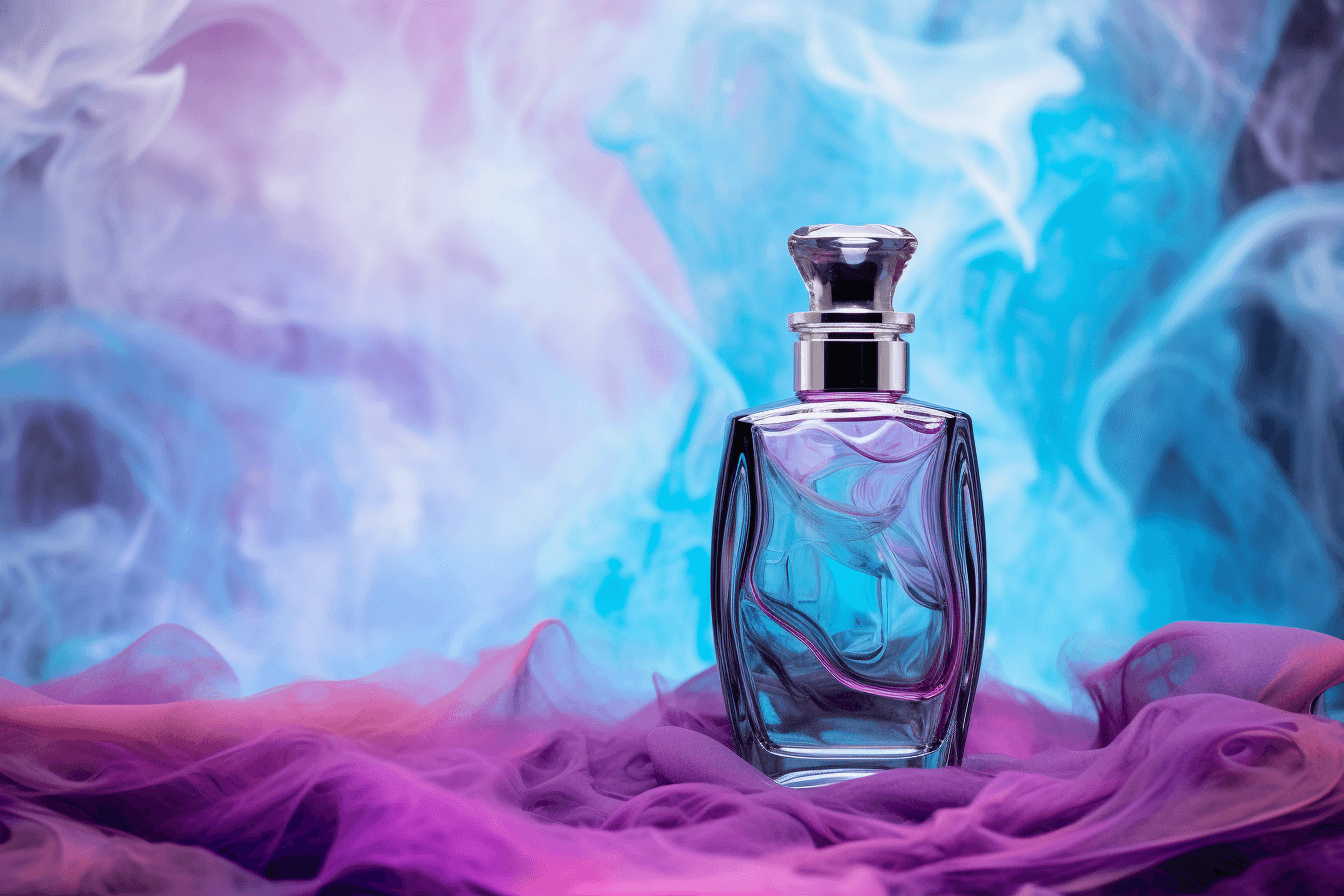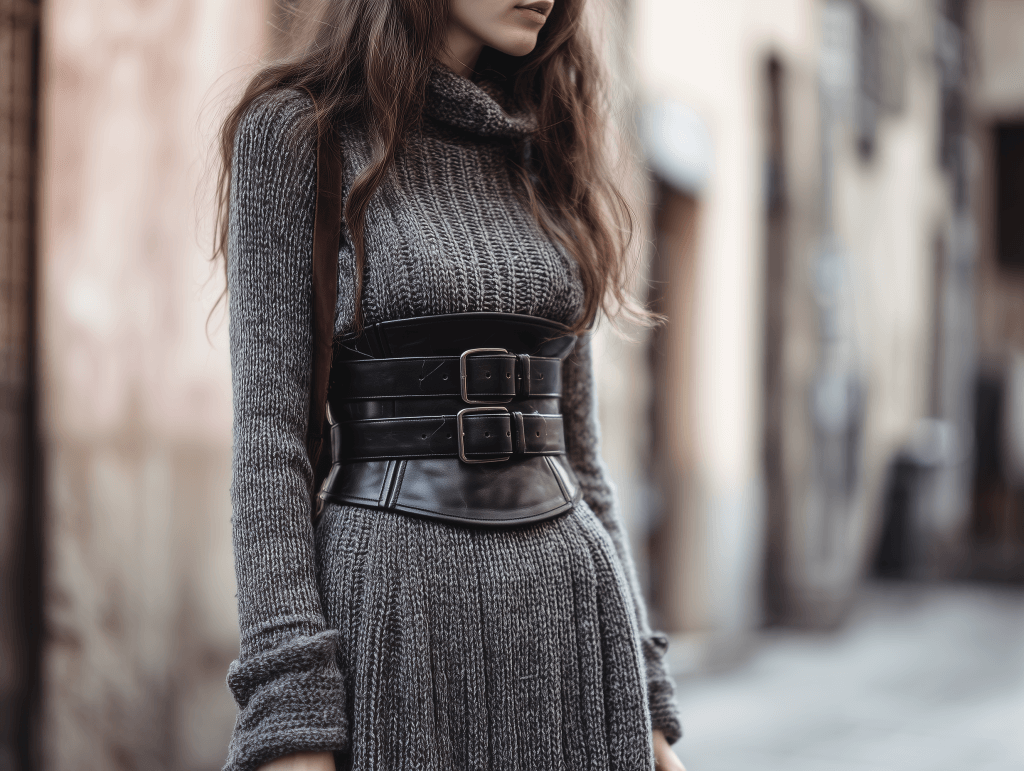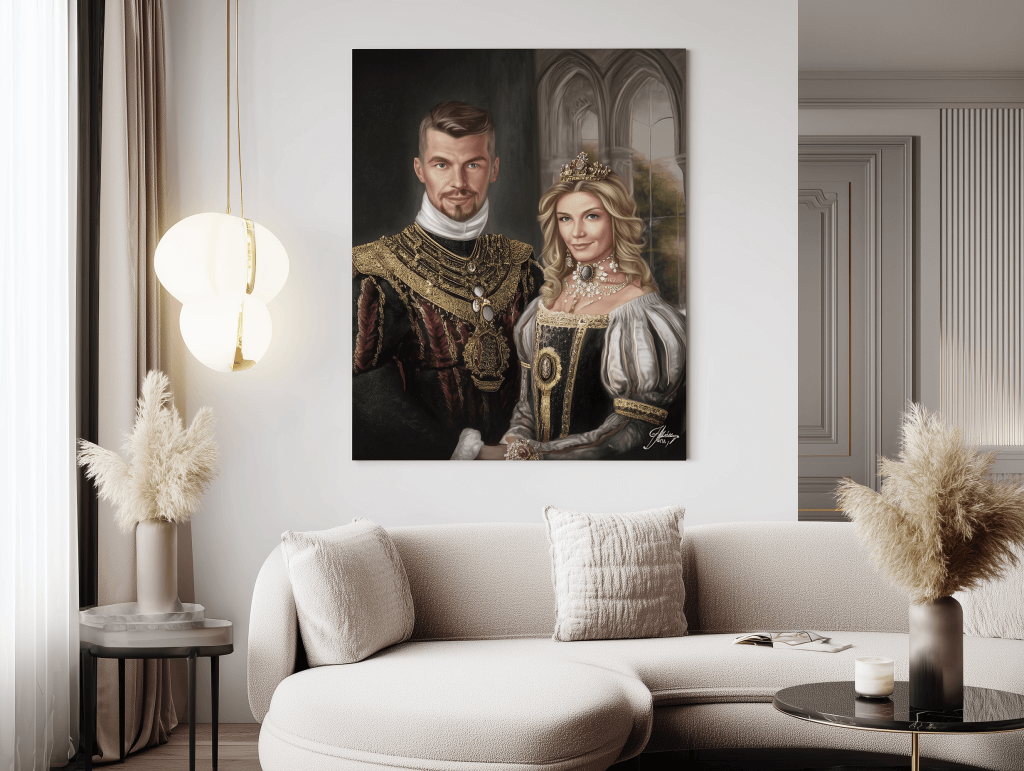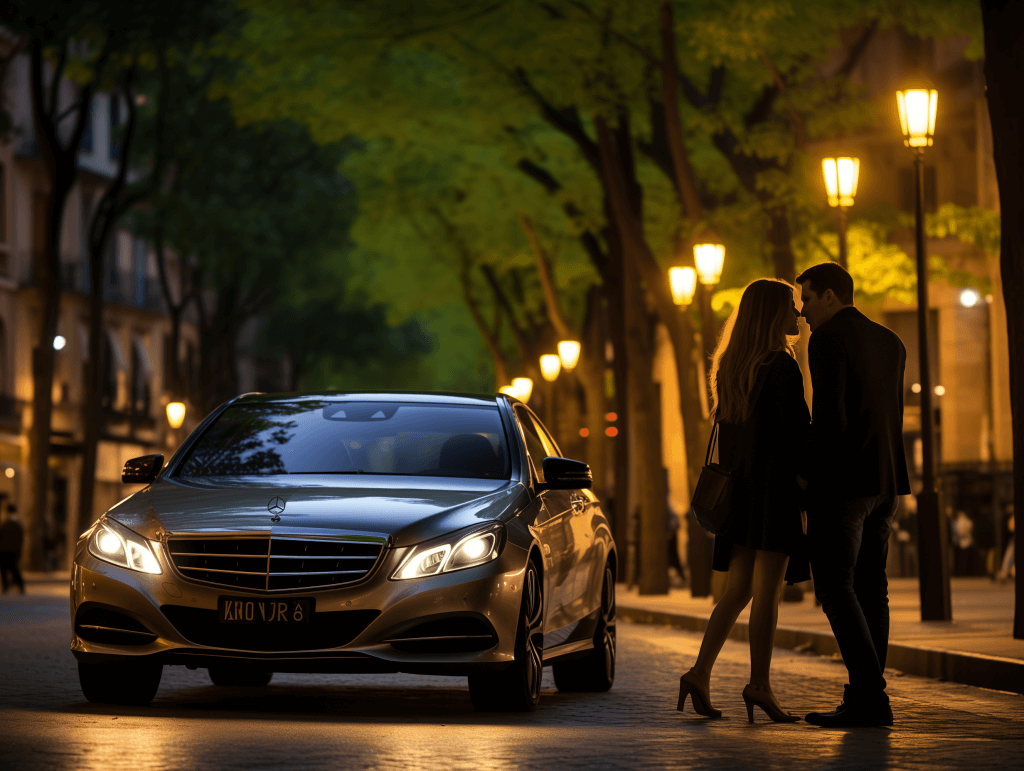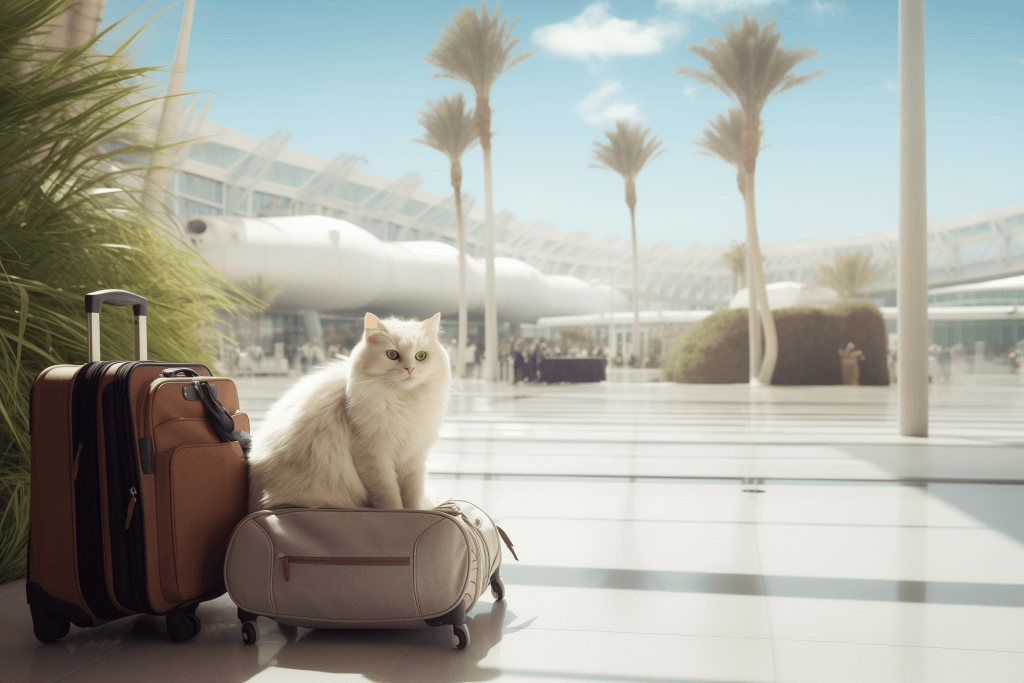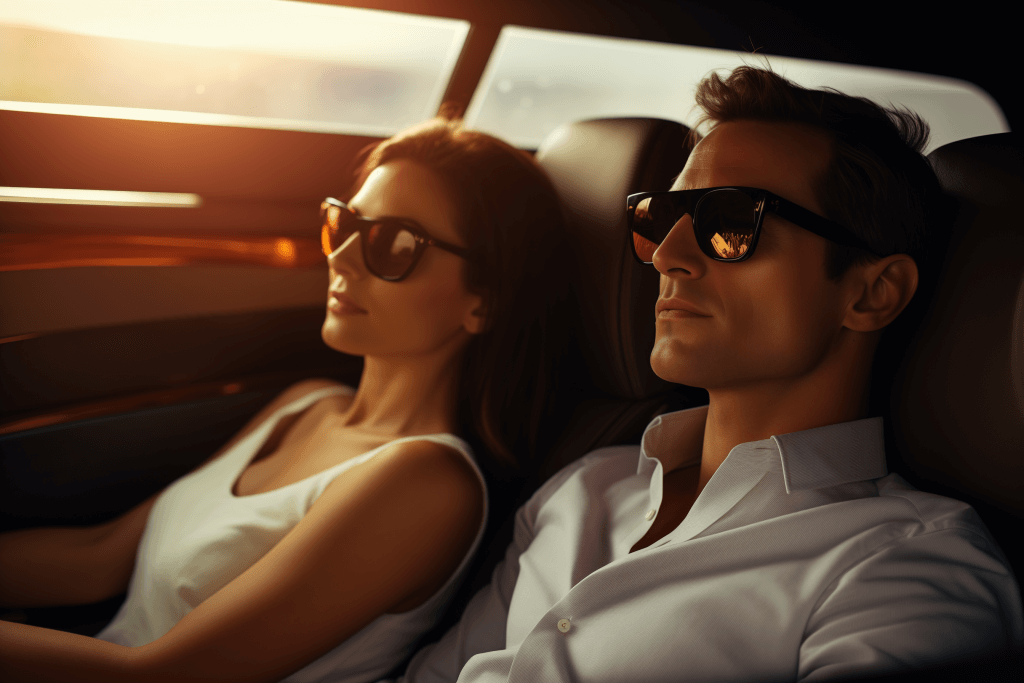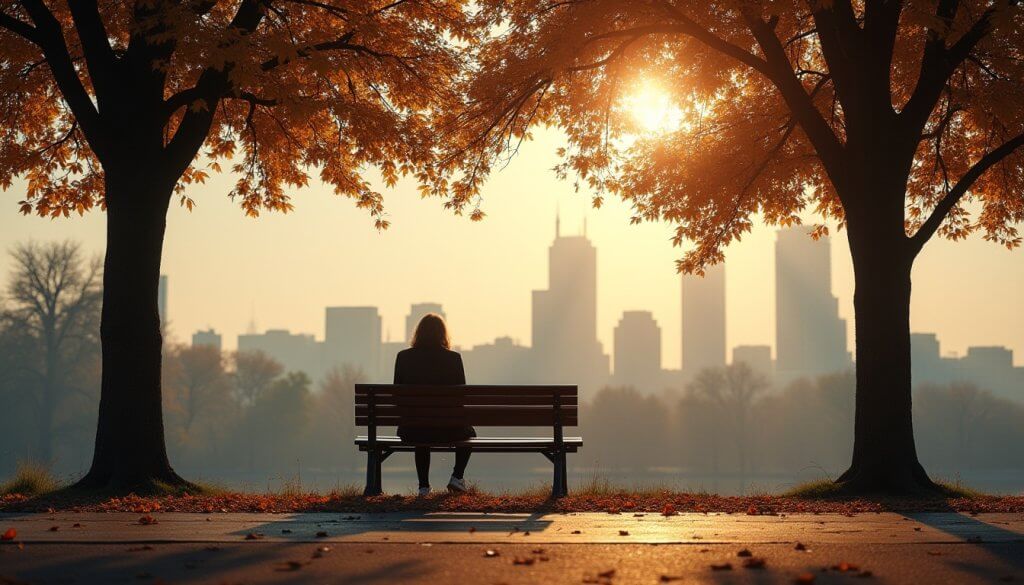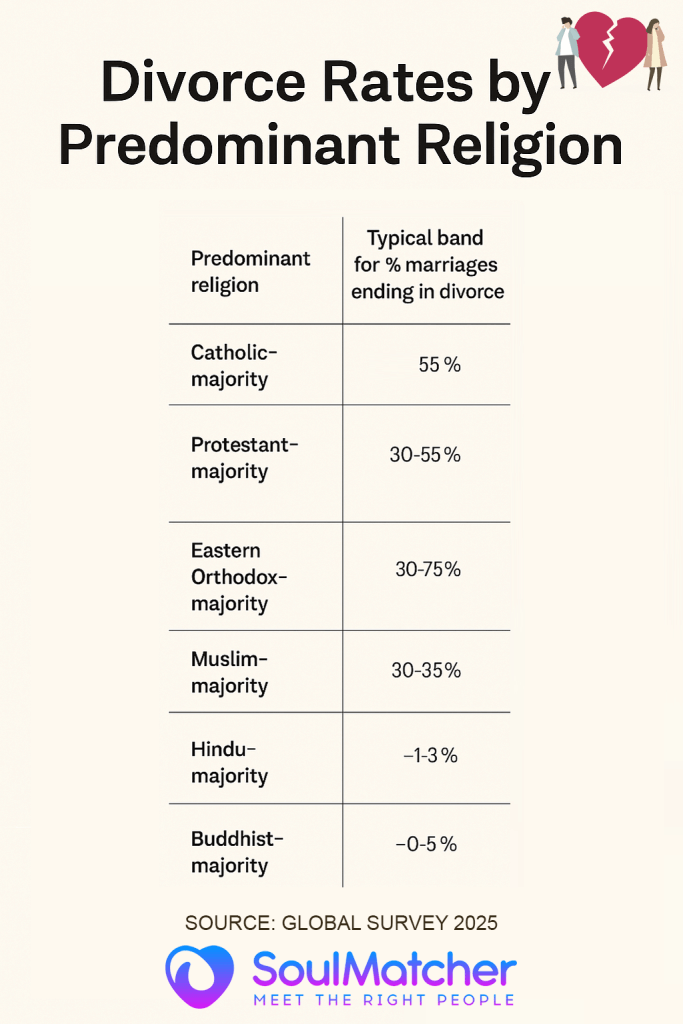Perfume as a Timeless Companion
Perfume is not a modern invention—it has been woven into human culture for thousands of years. From sacred rituals in ancient civilizations to the designer bottles of today, fragrance has always carried meaning. It reflects power, spirituality, beauty, and personal identity.
Understanding this evolution shows how perfume has remained central to human expression. For today’s perfume lovers, exploring history also adds depth to the experience of experimenting with modern scents. With the best monthly fragrance subscription, people can connect with traditions of the past while enjoying the innovations of the present.
The Ancient Origins of Perfume
Perfume’s earliest traces date back to Mesopotamia and Egypt, where resins, herbs, and flowers were burned as offerings to the gods. Fragrance was considered divine—smoke carried prayers upward, while scented oils were believed to purify the body and soul.
Egyptians also used perfumes in daily life. Royalty like Cleopatra famously applied fragrant oils as tools of seduction and power. Perfume was more than beauty; it was ritual, medicine, and status symbol.
Perfume in Greece and Rome
The Greeks adopted perfume for both spiritual and personal purposes. They infused oils with herbs and flowers, believing scents had healing properties. Hippocrates himself recommended perfumed baths as therapy.
The Romans expanded perfume’s use to extravagance. They scented public baths, homes, and even fountains. Perfume became a marker of wealth and sophistication, accessible to the elite but admired by all.
Perfume in the Middle Ages
During the Middle Ages, perfume took on a more practical role. With poor sanitation and widespread disease, strong scents were thought to protect against illness. Herbs, vinegar-based solutions, and fragrant waters were carried to ward off “bad air.”
In Islamic cultures, perfumery flourished. Scholars like Avicenna refined distillation techniques, allowing for more complex extractions like rose water. This advancement laid the groundwork for modern perfumery.
The Renaissance and Beyond
As Europe entered the Renaissance, perfume became fashionable among the aristocracy. Italy and France emerged as centers of perfume craftsmanship, producing refined blends that combined art with science. Perfumed gloves, clothing, and accessories became popular among nobles.
By the 17th century, France solidified itself as the perfume capital of the world. Grasse, with its abundance of flowers, became the hub for cultivation and extraction. French perfumers began to create structured, complex fragrances that resembled the perfumes we recognize today.
Perfume in the Modern Era
The industrial revolution changed everything. Synthetic materials were introduced, expanding the palette of perfumers beyond natural resources. This made perfumes more accessible, no longer reserved for the wealthy elite.
By the 20th century, perfume had become a cultural force. Iconic fragrances shaped decades, from powdery florals of the 1920s to bold musks of the 1980s. Perfume became tied to fashion, cinema, and personal branding, a tool of self-expression as much as luxury.
Today’s Perfume Culture
In the 21st century, perfume has moved beyond gendered marketing and rigid categories. Consumers now demand individuality, transparency, and sustainability. Niche perfumery thrives, celebrating creativity and unusual notes. Meanwhile, personalization has become the defining trend of the modern fragrance world.
One of the biggest shifts is access. Where once perfume exploration meant expensive full bottles, now options like the best monthly fragrance subscription allow fragrance lovers to try new scents each month. This democratizes perfume, putting discovery into everyone’s hands.
The Cultural Significance of Perfume
Throughout history, perfume has carried layered meanings:
- Sacred: Used in rituals, prayers, and purification.
- Medicinal: Believed to heal, calm, or protect.
- Social: Markers of wealth, status, and fashion.
- Personal: Extensions of identity, attraction, and memory.
These roles have never disappeared; they’ve simply evolved. Today’s perfumes still carry echoes of these functions, reminding us that fragrance is more than aesthetics—it’s history bottled.
The Future of Perfume
Where does perfume go from here? Trends suggest greater personalization, cleaner formulations, and digital innovation. Perfume houses are experimenting with AI-driven recommendations, sustainable ingredients, and interactive fragrance layering.
For consumers, this means more freedom to explore and express individuality. Subscriptions, niche collections, and personalized scent experiences will likely dominate the industry. Perfume’s future is not mass conformity but intimate self-expression.
Why History Matters
Knowing perfume’s history deepens appreciation for every spritz. When you wear a perfume today, you’re participating in a tradition that stretches back millennia. You’re connecting with Egyptians who scented their rituals, Romans who perfumed their fountains, and Renaissance nobles who wore gloves infused with rose oil.
Perfume has always been more than smell—it’s a story of humanity, carried in invisible waves.


